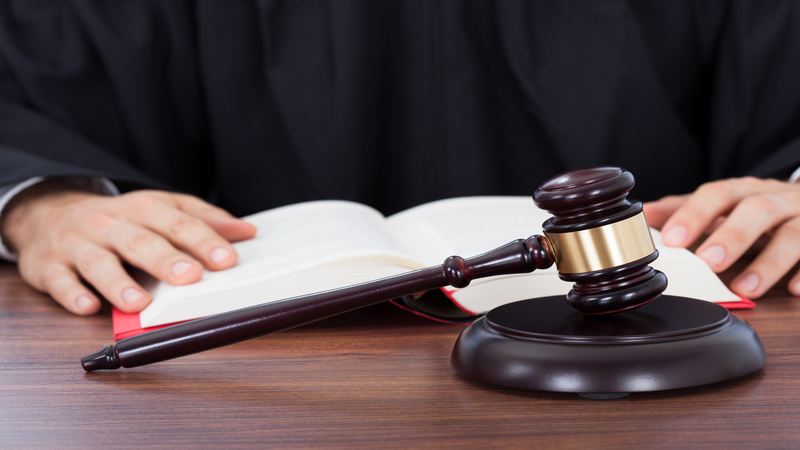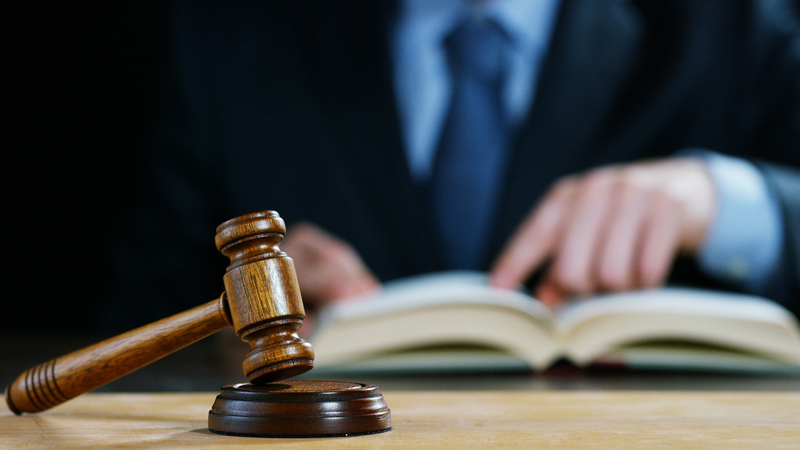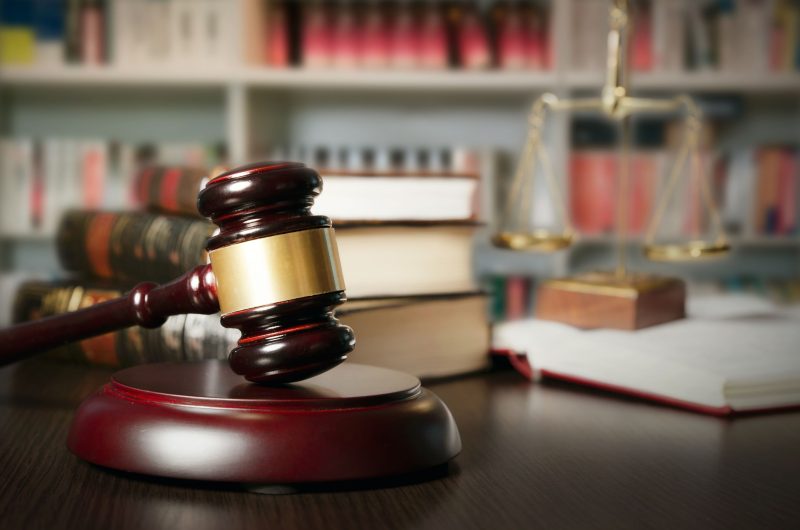A component of the bankruptcy process that many people are confused about is what you can, and cannot, discharge. An extremely common misconception is that all your debt will be discharged, but this isn’t the case. The types of debt that will be handled in a Chapter 7 bankruptcy discharge in Philadelphia, PA will vary. Understanding more about the process is vital.
What is the Discharge Process?
One of the first things you should understand is what exactly the discharge is. During the chapter 7 bankruptcy process, if a debt is discharged, then the debtor’s personal liability is removed. Due to this, a creditor will no longer be able to make collection attempts against the person who owes the debt. This eliminates the debt and you will receive a discharge at the conclusion of your bankruptcy case.
What Debts are able to be Discharged?
There are several different types of debts that are able to be discharged during a Chapter 7 bankruptcy. However, it is important to know there are a total of 19 categories of debts that are considered non-dischargeable according to information in the Bankruptcy Code. If you need information about this, you can speak with the attorney hired to help with the Chapter 7 bankruptcy discharge in Philadelphia, PA.
There is no question that filing bankruptcy can be the first step you take toward financial freedom. However, if you want to ensure that you fully understand what will happen after the Chapter 7 bankruptcy discharge in Philadelphia, PA, you need to work with an experienced attorney. They can help you each step of the way.
Find out more about the bankruptcy discharge process by visiting The Law Offices of David M. Offen website.



